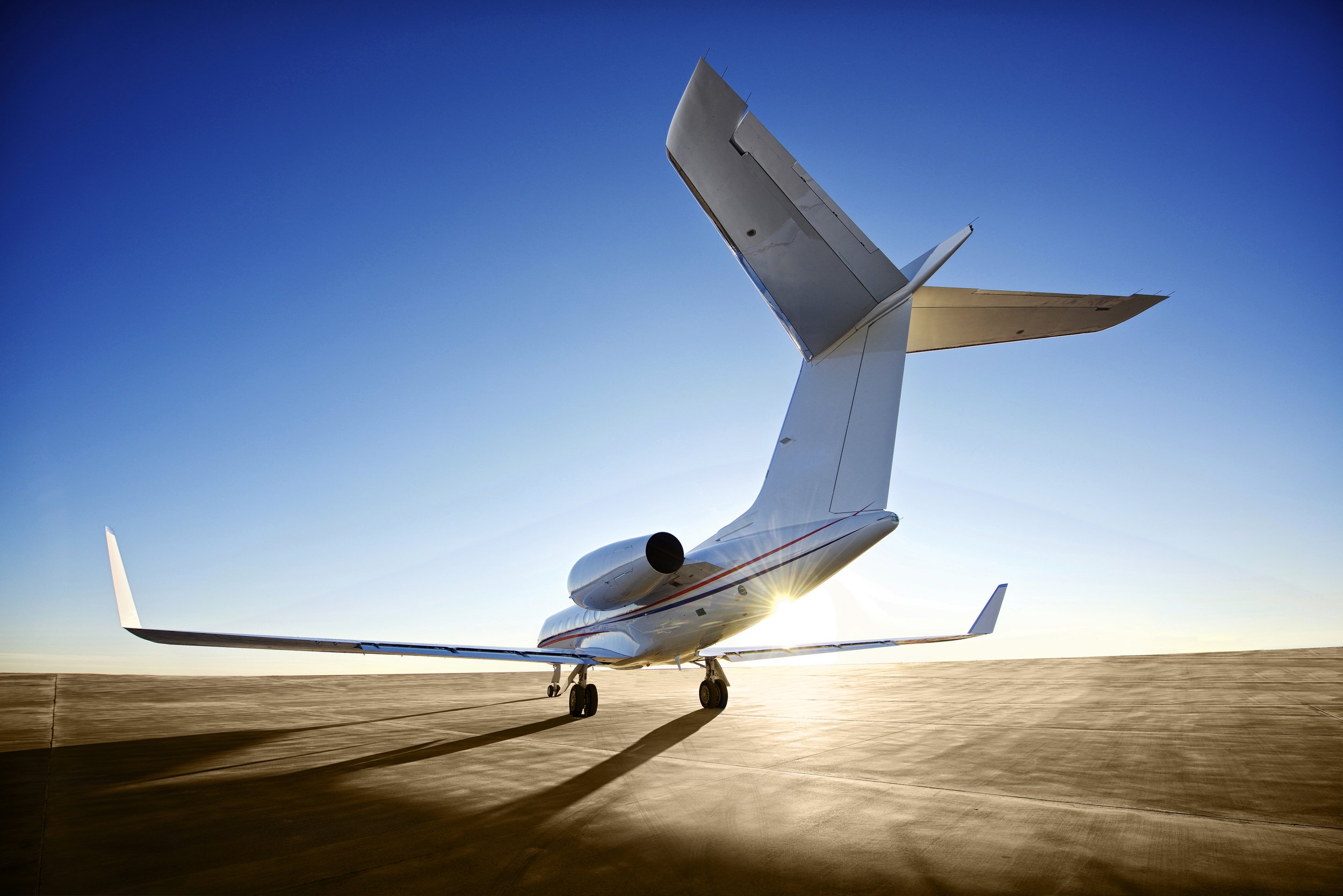Introduction to Offshore Accident Lawyer: Comprehensive Guide to Legal Assistance in Maritime Incidents
Offshore accidents are a significant concern in maritime industries, ranging from oil rigs to commercial vessels. When these incidents occur, they can result in severe injuries, financial losses, and legal complexities for all parties involved. Legal assistance from experienced maritime lawyers is crucial to navigate the complexities of offshore accident claims and ensure fair compensation for victims.
Types and Categories of Offshore Accidents
Types of Offshore Accidents
Vessel Collisions
Vessel collisions are among the most common types of maritime accidents, often leading to injuries, property damage, and environmental hazards.
Slip and Falls on Decks
Slippery surfaces and unstable conditions on offshore platforms can lead to slip and fall accidents, causing injuries ranging from minor bruises to severe fractures.
Equipment Malfunctions
Malfunctions in equipment such as cranes, winches, and drilling machinery pose significant risks to offshore workers, resulting in injuries or fatalities.
Categories of Maritime Incidents
Oil Rig Accidents
Accidents on oil rigs involve complex legal issues due to the involvement of multinational corporations, strict regulatory frameworks, and high stakes in terms of environmental impact and liability.
Commercial Fishing Accidents
Commercial fishing accidents often involve smaller vessels but can result in serious injuries or fatalities due to the hazardous nature of the work and exposure to harsh weather conditions.
Cruise Ship Incidents
Incidents on cruise ships, including passenger injuries, crewmember accidents, and onboard medical emergencies, require specialized legal knowledge to navigate international maritime laws and passenger rights.
Symptoms and Signs of Offshore Accidents
Physical Injuries
Traumatic Brain Injuries (TBI)
TBIs are common in offshore accidents due to falls, collisions, or equipment mishaps, resulting in cognitive impairment, memory loss, and long-term neurological issues.
Spinal Cord Injuries
Severe spinal cord injuries can lead to partial or complete paralysis, affecting an individual’s mobility and quality of life permanently.
Burns and Lacerations
Exposure to hazardous materials, fires, or explosions on offshore platforms can cause severe burns and deep lacerations requiring immediate medical attention and long-term care.
Psychological Impact
Post-Traumatic Stress Disorder (PTSD)
Witnessing or experiencing traumatic events offshore can lead to PTSD, characterized by flashbacks, nightmares, and severe anxiety, impacting both personal and professional life.
Anxiety Disorders and Depression
Chronic stress, fear of future accidents, and physical limitations can contribute to anxiety disorders and depression among offshore workers and accident survivors.
Causes and Risk Factors Contributing to Offshore Accidents
Biological Factors
Human Error
Mistakes made by crew members, including navigation errors, operational mistakes, or failure to follow safety protocols, can lead to catastrophic accidents offshore.
Fatigue and Sleep Deprivation
Long work hours, irregular shifts, and demanding schedules contribute to fatigue among offshore workers, impairing judgment and reaction times, increasing the risk of accidents.
Lack of Proper Training
Inadequate training programs or failure to update skills in line with industry standards can result in errors during critical operations, compromising safety onboard.
Environmental Factors
Harsh Weather Conditions
Offshore environments are susceptible to extreme weather conditions such as hurricanes, high winds, and rough seas, posing significant risks to vessel stability and crew safety.
Ice and Fog
Navigating through icy waters or dense fog increases the risk of collisions, grounding, or equipment failures, requiring heightened vigilance and precautionary measures.
Lifestyle Factors
Substance Abuse
Substance abuse among offshore workers can impair judgment, coordination, and alertness, contributing to accidents, injuries, and operational disruptions.
Non-Compliance with Safety Protocols
Failure to adhere to safety guidelines, perform regular safety checks, or use personal protective equipment (PPE) increases the likelihood of accidents and injuries offshore.
Long Working Hours
Extended shifts and prolonged periods of offshore deployment can lead to physical and mental exhaustion, affecting performance and safety onboard.
Diagnosis and Tests in Offshore Accidents
Medical Assessments
Physical Examinations
After an offshore accident, medical professionals conduct comprehensive physical examinations to assess injuries, identify underlying health issues, and develop treatment plans.
Imaging Tests (X-rays, MRIs)
Diagnostic imaging techniques such as X-rays and MRIs are used to visualize internal injuries, fractures, or soft tissue damage caused by offshore accidents.
Neurological Evaluations
Neurological assessments evaluate cognitive functions, sensory abilities, and motor skills to detect signs of brain injuries or neurological disorders resulting from offshore incidents.
Legal Assessments
Investigation of Accident Scene
Maritime lawyers investigate accident scenes, gather evidence, and reconstruct events to determine liability, assess damages, and support legal claims.
Analysis of Maritime Laws and Regulations
Understanding complex maritime laws, international regulations, and industry standards is essential for building a robust legal case and advocating for the rights of offshore accident victims.
Witness Statements and Expert Testimonies
Eyewitness testimonies and expert opinions from maritime safety experts, medical professionals, and accident reconstruction specialists strengthen legal arguments and substantiate claims.
Treatment Options for Offshore Accident Victims
Medical Treatments
Surgery and Rehabilitation
Severe injuries such as fractures, spinal cord damage, or severe burns may require surgical intervention followed by extensive rehabilitation to restore function and mobility.
Pain Management Therapies
Chronic pain resulting from offshore accidents can be managed through medication, physical therapy, acupuncture, or alternative pain management techniques tailored to individual needs.
Psychological Counseling
Trauma-focused therapies, cognitive-behavioral interventions, and support groups help offshore accident survivors cope with psychological distress, anxiety, and PTSD symptoms.
Legal Interventions
Compensation Claims and Settlements
Maritime lawyers assist accident victims in pursuing compensation for medical expenses, lost wages, pain and suffering, and future care needs through negotiation or litigation.
Litigation Procedures
In cases of disputed liability or inadequate compensation offers, legal representation ensures fair treatment in court proceedings, advocating for maximum damages and justice for clients.
Negotiations with Insurance Companies
Navigating insurance claims and settlements requires skilled negotiation to ensure timely compensation and financial security for offshore accident victims and their families.
Preventive Measures in Offshore Operations
Safety Protocols and Procedures
Implementation of Safety Drills
Regular safety drills and emergency simulations prepare offshore crew members to respond effectively to potential hazards, minimizing the risk of accidents and injuries onboard.
Regular Maintenance of Equipment
Scheduled maintenance, inspection, and testing of offshore equipment and machinery ensure operational reliability, reducing the likelihood of mechanical failures or malfunctions.
Use of Personal Protective Gear (PPE)
Mandatory use of PPE such as helmets, safety harnesses, gloves, and non-slip footwear enhances worker safety and mitigates injury risks during offshore operations.
Training and Education Programs
Training Programs for Crew Members
Comprehensive training programs cover safety protocols, emergency procedures, hazard recognition, and effective communication strategies for offshore personnel.
Workshops on Maritime Safety
Specialized workshops and seminars educate crew members on industry-specific risks, regulatory compliance, and best practices for maintaining a safe working environment offshore.
Awareness Campaigns on Occupational Hazards
Educational campaigns promote safety awareness, risk management strategies, and personal responsibility among offshore workers to prevent accidents and enhance workplace safety culture.
Personal Stories or Case Studies
- Real-life Experiences: John Smith, a seasoned offshore technician, shares his story of surviving a crane accident on an oil rig and the legal support that helped him recover physically and financially.
- Impact of Legal Assistance: Sarah Brown, a cruise ship crewmember injured during a storm, recounts her journey navigating international maritime laws and securing compensation with the help of a dedicated maritime lawyer.
Expert Insights on Offshore Accident Legalities
- “Navigating the complexities of offshore accident claims requires a deep understanding of maritime laws, industry standards, and effective litigation strategies.” – James Anderson, Maritime Lawyer
Conclusion
In conclusion, offshore accidents pose significant risks to maritime workers, requiring proactive safety measures, comprehensive legal protections, and expert representation. By understanding the types, causes, and impacts of offshore accidents, individuals can prioritize safety, seek timely medical and legal assistance, and advocate for their rights effectively.





